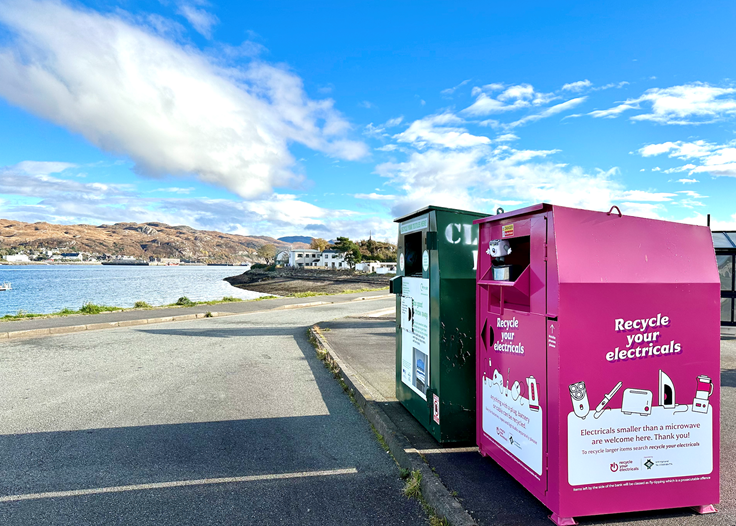The Resource Security Action Plan, jointly launched today (March 16) by the Department for Environment, Food and Rural Affairs (Defra) and the Department for Business, Innovation and Skills (BIS), was developed to protect British businesses from shortages of valuable metals that are found in waste electrical and electronic equipment (WEEE).
The plan includes financial support for small businesses to develop ways to improve the reuse and recycling of precious metals as well as working with manufacturers, waste companies and local authorities to ensure products are designed so that the recovery of valuable materials is simple and cost effective.
WEEE reuse
The document states that the government will work to support UK businesses by extending the data capture of waste electrical and electronic equipment being treated by waste management companies and other players outside of the WEEE system and standards for re-use will be brought in under amended legislation following the re-cast of the WEEE Directive to give a fresh impetus to the re-use of WEEE.
Items such as laptops, mobile phones and vehicle catalysts contain precious metals such as gold, platinum and palladium, along with rarer metals including indium or gallium. The government predicts that between now and 2020 the UK will dispose of around 12 million tonnes of electronic equipment, which contain will contain valuable material worth over 1 billion and is keen to ensure that the value of this material is not lost.
Environment secretary Caroline Spelman, said: Businesses are already feeling the heat from uncertainty in the supply of the speciality metals used in mobile phones, medical equipment and aeroplanes.
Were working with business to help prepare for these risks – but there is also a multi-billion pound opportunity in the massive amount of valuable metals lost because of how we deal with products we no longer want.
I want to see British businesses taking advantage of this golden opportunity to boost growth and jobs through how we design products, while re-using recycling or substituting valuable metals.
In developing the plan, waste management firms including Veolia and SITA UK were consulted by the government, as well as the Confederation of British Industry and the manufacturers organisation EEF.
ESA
Commenting on the publication of the report, Jake Hayler, Economist for the trade body for the waste sector, the Environmental Services Association (ESA), said: ESA welcomes Defra’s Resource Security Action Plan. Ensuring that the UK economy has access to the materials it needs is an increasingly critical issue and ESA looks forward to continuing to work with Defra to explore further opportunities for recovering valuable materials from waste.
ESA’s members are always looking for innovative methods for extracting maximum value from the waste stream and will continue to do so. ESAs MRF Code of Practice is an important part of this picture and will help to improve the supply of quality secondary resources to businesses in the wider economy.
In response to the launch of the plan, Mary Creagh MP, Labours shadow environment secretary, said: Todays announcement is a small step forward, but the Government needs to do much more to create green jobs in recycling and reprocessing the UK’s waste. UK plc could create up to 50,000 green jobs in waste processing if England’s recycling target was the same as Wales’. Last years waste review was a missed opportunity and left England with the lowest recycling targets in the UK.










Subscribe for free